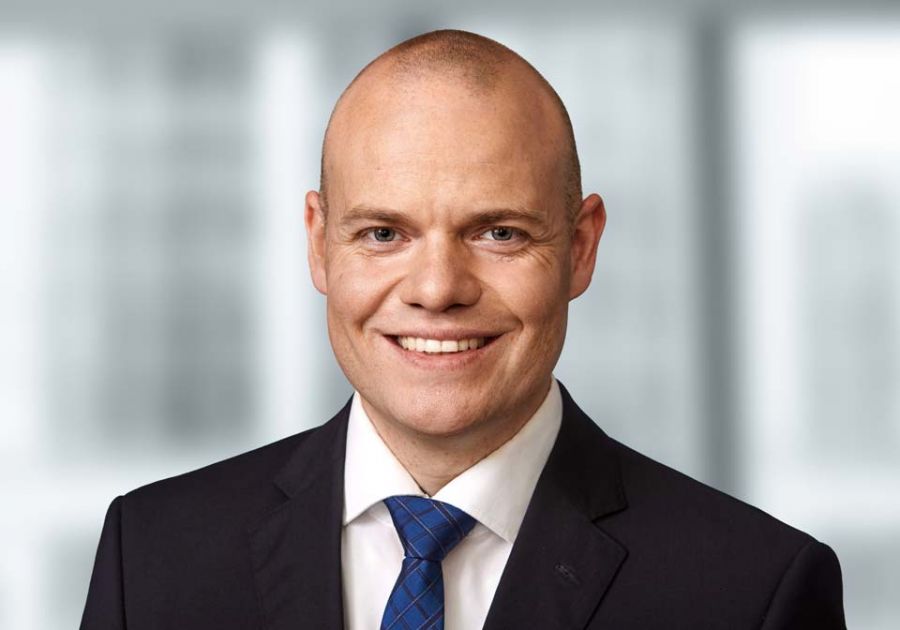Steward Ownership is essentially characterized by two basic principles: Firstly, control of the company remains with individuals who have long-term ties to the company (self-determination principle). Secondly, profits are seen as a means of fulfilling the company's purpose and the company's assets are not freely saleable, but remain tied to the company (principle of purpose). Last but not least, Steward Ownership also enables sustainable company succession. Ownership of the company does not necessarily pass to relatives or outside private investors, but to capable individuals who are close to the company and its values. Steward Owners do not share in the company's profits, but receive a salary, so there is no motivation to sell the company shares to third parties.
What are the advantages of Steward Ownership?
According to statistical surveys, companies that are in Steward Ownership are more likely to survive in times of economic crisis, as the majority of profits are reinvested in the company. An increased budget for innovation as a result keeps the company competitive in the long term. Because companies in Steward Ownership pay higher wages on average, they have an extraordinarily high employee retention rate. Finally, Steward Ownership prevents hostile takeovers and the forcing of founders out of their own company.
DREYENBERG knows and follows developments in the field of Steward Ownership
The topic of Steward Ownership is no longer an insignificant niche. There is a draft law developed by a consortium of law professors to introduce a separate form of company, the so-called Gesellschaft mit beschränkter Haftung mit gebundenem Vermögen (GmbH-gebV), through which Steward Ownership is also to be implemented and regulated by law. Politicians have now also recognized the need for this. For example, the current government's coalition agreement states that "a new suitable legal basis" is to be created for companies with tied assets.
DREYENBERG advises on corporate law implementation
The fact that there is currently no separate legal form for companies with tied assets does not mean that companies cannot already be transferred to Steward Ownership or even founded directly. Steward Ownership can be implemented with the help of various legal forms and ownership structures. There is no one way to implement Steward Ownership.
The most common implementation models in the German legal area are currently:
- Single and double foundation model
- Veto share model (also known as the golden share model)
- Trust partnership model
The implementation under German company law is flexible and can be adapted to the specific needs of the company.
We know the typical issues involved in its implementation
DREYENBERG has advisors with many years of experience in the implementation of Steward Ownership. We are familiar with the most common implementation problems and know how to get around them. The most common issues are
- Wage tax in connection with the transfer of shares
- Mandatory share claims of heirs
- Recognition of the non-profit status of the sponsoring company
Our services
DREYENBERG supports the
- Development of a corporate structure,
- Establishment of foundations, associations, etc. as carriers of the profit shares,
- Restructuring of companies into Steward Ownership,
- Transfer of company shares including tax advice.

